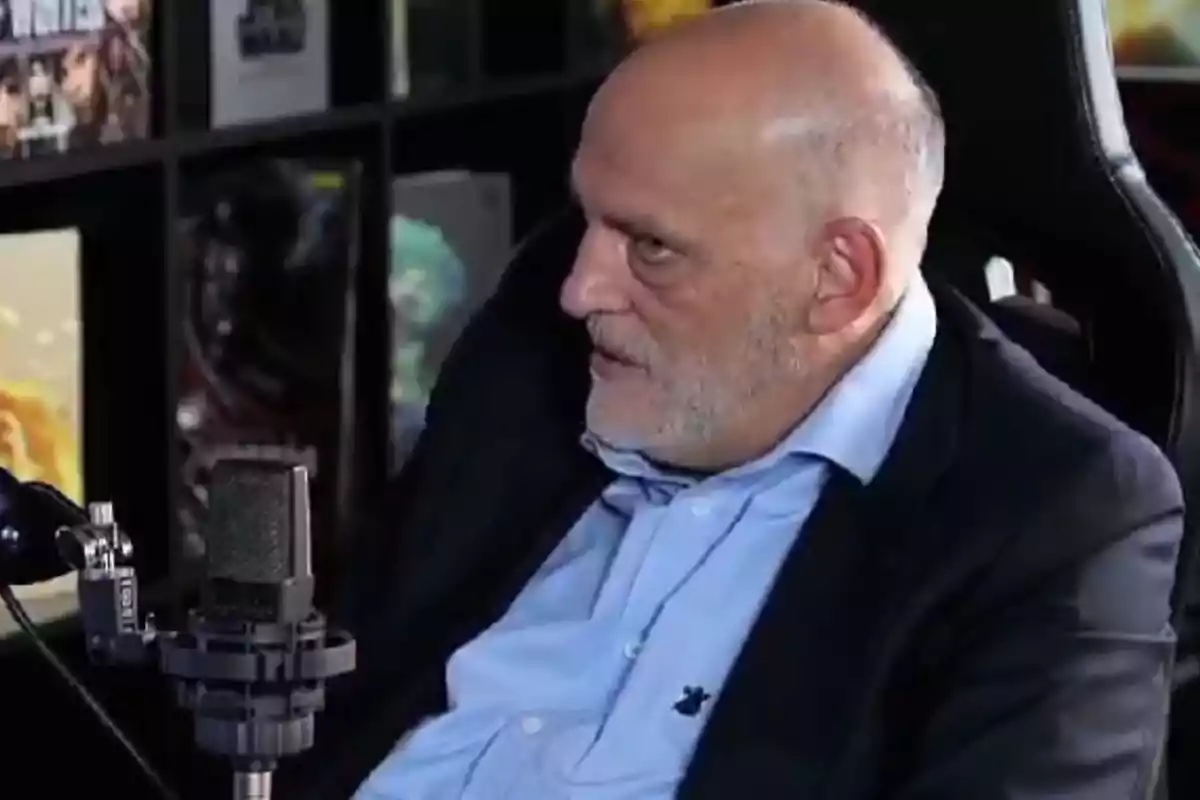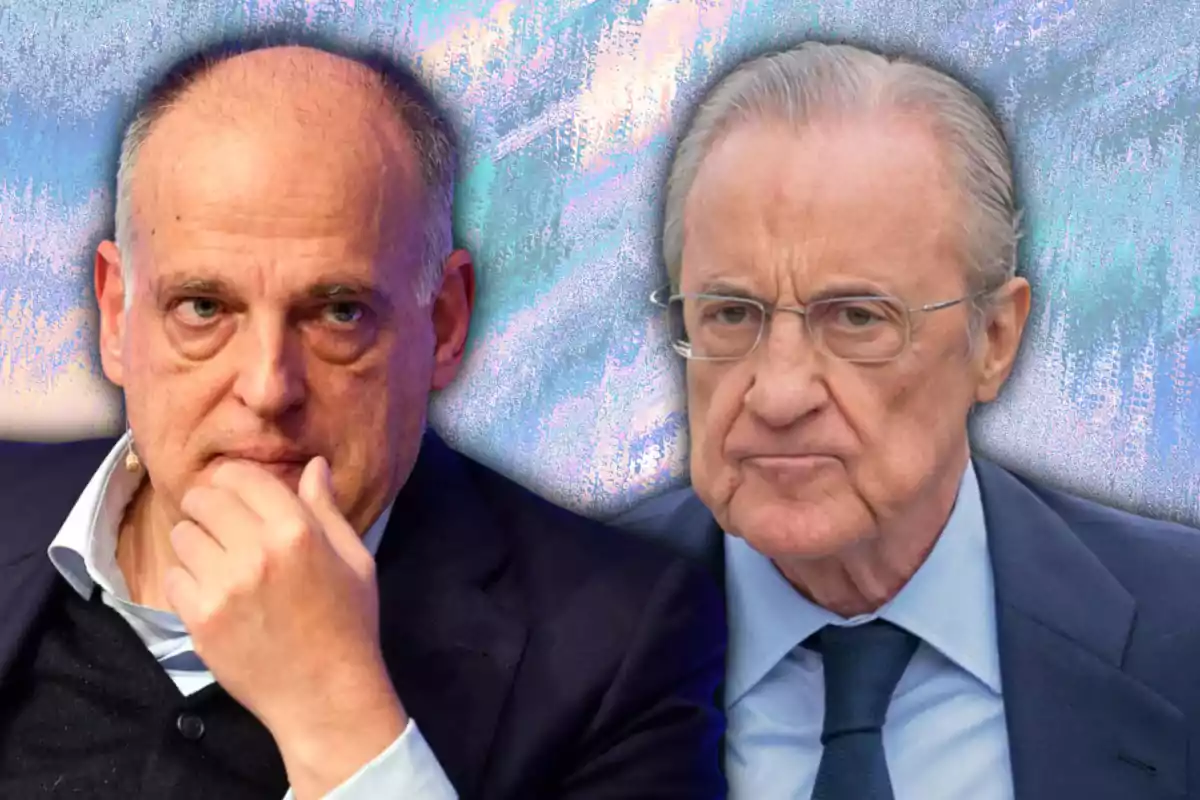Spanish soccer kicks off the 2025/26 season in a climate of maximum tension. What should be a summer of hope and signings has been overshadowed by a new institutional battle. Real Madrid has set the media fan in motion and the accusations against LaLiga have raised the debate to a new level. Los Blancos, wounded after the refusal to postpone their debut in Pamplona, have decided to strike first and hard.
Real Madrid accuses LaLiga and the RFEF of manipulating the competition from their own channel
What began as a formal request for postponement has turned into a firestorm. Real Madrid Televisión has openly claimed that the league is starting "distorted, manipulated, and without equal conditions". The reason: the club requested to move the first match against Osasuna, arguing that the squad is returning from the Club World Cup without the minimum rest recommended by sports medicine.
According to the Madridist version, the request was submitted on July 9 and the response arrived on the last day of the month, too late to plan any alternative. The white television channel accuses the federative bodies and LaLiga of applying the regulations inflexibly, stating that "common sense was completely ignored." The controversy intensifies when the statement points directly at Javier Tebas and Rafael Louzán, whom they accuse of influencing decisions and "looking the other way".

Real Madrid warns that a point lost in August can be decisive in May and accuses LaLiga of conditioning the entire campaign due to a lack of sensitivity toward the health of their footballers.
The CTA scandal and Chema Alonso's role rekindle suspicion over refereeing
This is not just any summer in the offices. The appointment of Chema Alonso, a well-known Madridist supporter and new member of the Technical Committee of Referees, has unleashed a storm of criticism from other clubs and fanbases. The paradox is clear: while on the street Real Madrid is accused of influencing refereeing decisions, from the Chamartín club there are now doubts about the integrity of the championship.
This double standard has not gone unnoticed by public opinion or by LaLiga's board. The media noise is growing and every step in the Madrid-LaLiga-RFEF battle is scrutinized. The white club insists on the "manipulation" of the calendar and demands a thorough review of the system for distributing efforts and rest after international competitions.
Javier Tebas responds harshly and turns the conflict into a personal clash
Javier Tebas's reaction was swift. The president of LaLiga, a regular in the trenches of soccer debate, published a lengthy statement on the social network X. Addressing Miguel García Caba, a jurist and former executive with a past at Real Madrid and the RFEF, Tebas used irony regarding the flexibility of the regulations and questioned the integrity of those who, according to him, seek to bend the rules as they see fit.
Tebas recalls that the institutional relationship with Real Madrid is marked by complaints, lawsuits, and attempts at disqualification. He also points out that other major European clubs, such as Chelsea or PSG, have not received special treatment from their leagues despite finishing the season later. The president argues that the application of the regulations has been impeccable, denying any animosity.
The clash of positions worsens when Tebas suggests that in other times the regulations were indeed interpreted to suit the "superior being," further fueling the narrative of institutional warfare.

